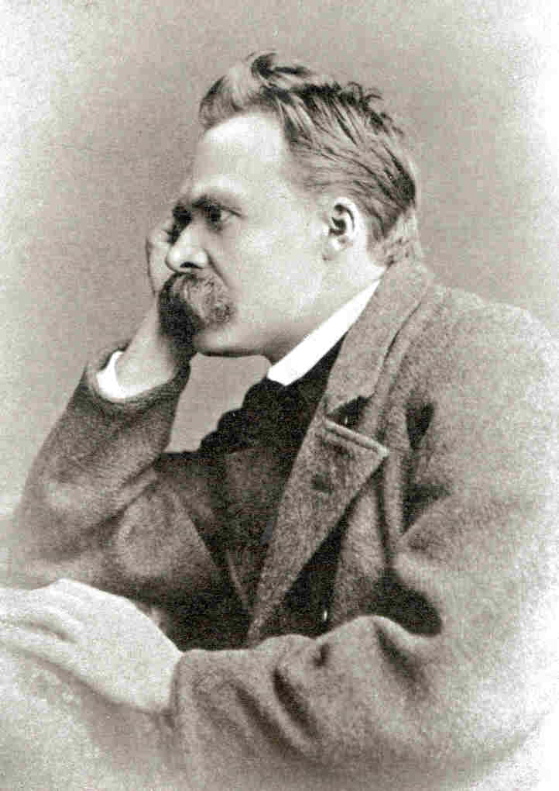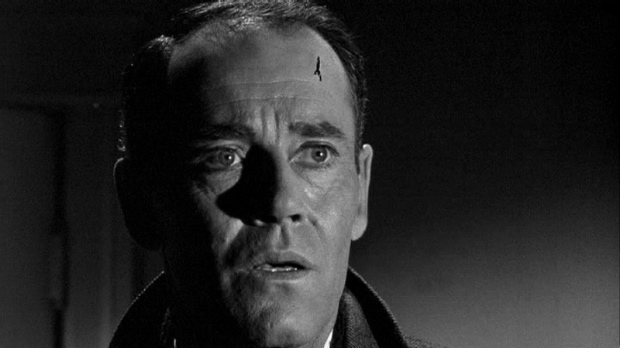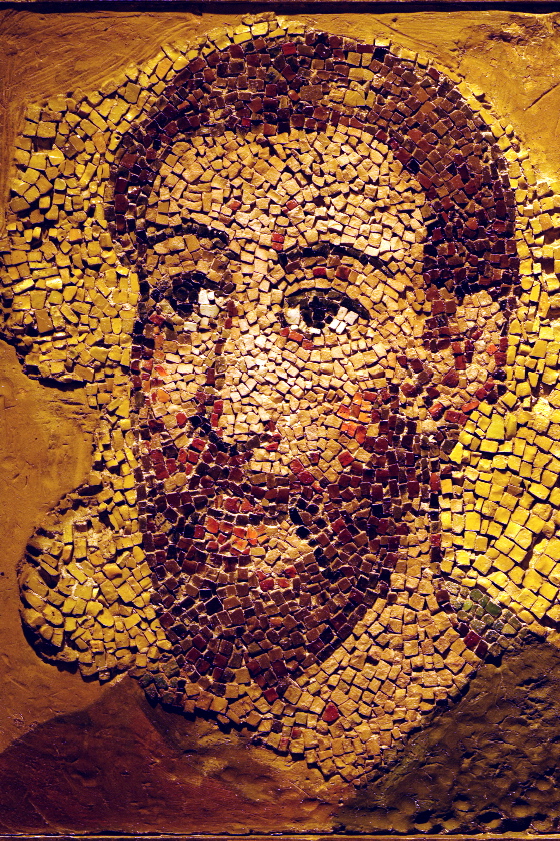
In
a comment here (and currently on his own web site films noir) Tony
D'Ambra posts an intriguing quote from Mark Conrad about the connection
between film noir and existentialism:
“My proposal, then, is that noir can also be seen as a sensibility or
worldview which results from the death of God, and thus that film noir
is a type of American artistic response to, or recognition of, this
seismic shift in our understanding of the world. This is why Porfirio
is right in pointing out the similarities between the noir sensibility
and the existentialist view of life and human existence. Though they
are not exactly the same thing, they are both reactions, however
explicit and conscious, to the same realization of the loss of value
and meaning in our lives.”
[This is from Conrad's book The Philosophy of Film Noir: Nietzsche and the Meaning of Noir: Movies and the ‘Death of God’.]
I agree with the gist of the quote, and with Tony's assertion that film noir
and existentialism have a lot in common — though I'm not sure
that there was a direct influence on the former by the latter. I
think Conrad is on the right track when he locates the essence of film noir in a particular moral orientation to the universe and not in a style or in subject matter.
I'm also not sure that the death of God is quite the right way to explain film noir, though — except as a metaphor for “the loss of value and meaning in our lives”. Film noir,
to me, is more about moral bewilderment as a social phenomenon, with
social causes, than about loss of faith in God. It's about male
insecurity and fear of women, about a creeping dread that the world
isn't what it seems to be, doesn't work anymore — if it ever did.
These sorts of feelings have theological implications of course, but
they don't lead automatically to atheism or to existentialism — not in America, with its
strong Protestant tradition, which has always preached what the
theologian Paul Zahl calls a “low anthropology”, holding that the world
is intrinsically corrupt, redeemable only by supernatural Grace.

Hitchcock's The Wrong Man is an apt illustration of what I mean. The film is pure noir
— except in its denouement, when the protagonist is saved not by a
good woman or luck or some kind of desperate action but by the direct
intervention of Jesus. This is not a whole lot more improbable
than the ways some other protagonists get saved in the film noir tradition.
We needn't go this deep, however, to find the core, and the enduring appeal, of film noir.
The feelings it deals with, though brought to the surface by the
peculiarly horrific experiences of the generation that suffered through
WWII and afterwards lived in the shadow of nuclear annihilation, are
common to all men and women at some moments of their lives.

Such feelings may lead to atheism, to philosophies like existentialism
— or to religious epiphanies like the one Saul had on the road to Damascus. Because film noir
is art, not theology or philosophy, it is not concerned with such
outcomes. It is only concerned with the feelings, with certain particular conditions of the heart — with bringing
them to the surface and allowing us to engage them.
